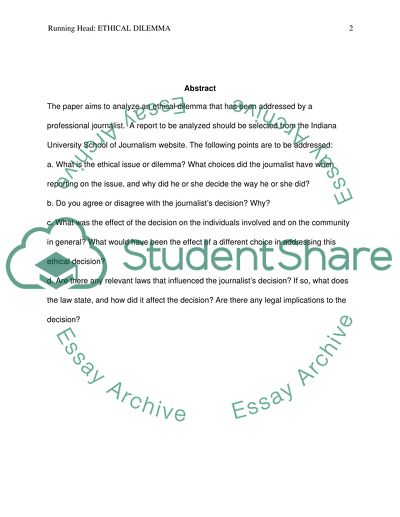Cite this document
(“Analysis of ethical dilemma that has been addressed by a professional Essay”, n.d.)
Retrieved from https://studentshare.org/journalism-communication/1431239-write-a
Retrieved from https://studentshare.org/journalism-communication/1431239-write-a
(Analysis of Ethical Dilemma That Has Been Addressed by a Professional Essay)
https://studentshare.org/journalism-communication/1431239-write-a.
https://studentshare.org/journalism-communication/1431239-write-a.
“Analysis of Ethical Dilemma That Has Been Addressed by a Professional Essay”, n.d. https://studentshare.org/journalism-communication/1431239-write-a.


